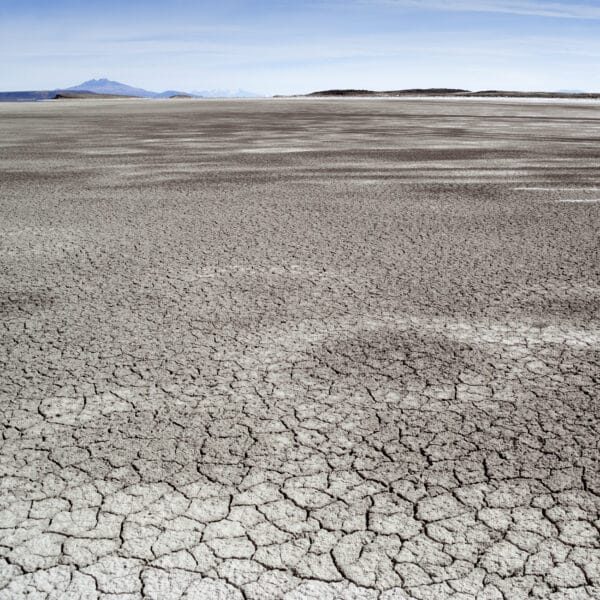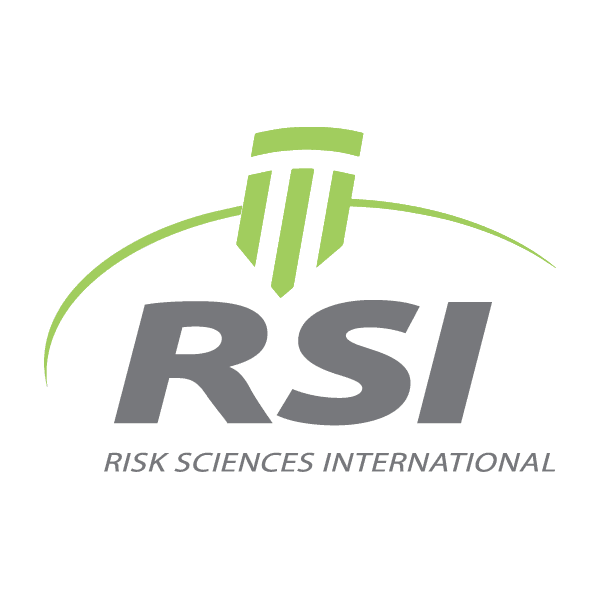Climate change is widely recognized as one of the most profound and pressing risks of our time. Its impacts are multifaceted: rising global temperatures, extreme weather events, shifting disease patterns, sea-level rise, and ecosystem disruptions all carry cascading consequences for health, safety, and economic stability. Beyond the physical impacts, climate change presents complex societal challenges, from forced migration and infrastructure stress to deep inequities in how risks and burdens are distributed across populations.
Managing climate risk requires unprecedented levels of coordination across governments, industries, and civil society. Policy-makers must design strategies that balance mitigation with adaptation, industries must navigate new regulatory frameworks and transition pressures, and communities must prepare for resilience in the face of uncertainty. Scientific uncertainty about specific trajectories adds to the complexity, while public concern and activism demand faster, more transparent action.
Risk sciences provide essential tools to navigate this landscape. Scenario modeling, vulnerability mapping, and risk-benefit analyses can help clarify likely outcomes, prioritize interventions, and inform both immediate responses and long-term planning. Equally important, effective risk communication ensures that climate risks are conveyed in a way that is scientifically accurate yet socially meaningful, empowering communities and decision-makers alike.
RSI is committed to advancing climate resilience, bringing the scientific expertise and practical experience needed to support stakeholders in addressing this defining global risk.

